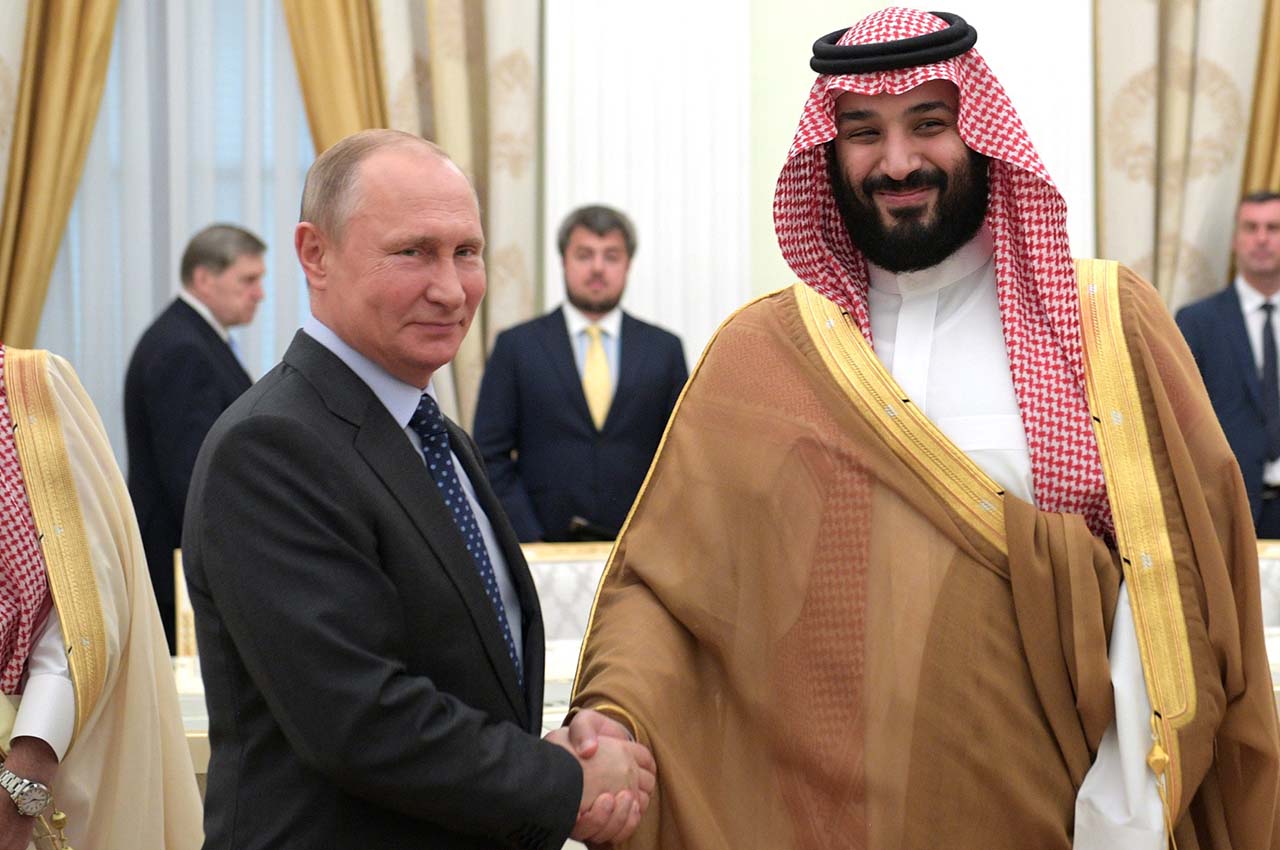Vladimir Putin’s war on Ukraine has split wide open the deep faultlines that already existed in the global energy matrix long before Russian bombs and missiles started raining down on the largest country in Europe. The inability of European powers to push back against Putin’s aggressive, and often destructive, manoeuvres in the eastern part of the continent, and North Africa, stems from their heavy dependence on the oil and gas supply from the authoritarian regime run by the former KGB operative.
According to the US Energy Information Administration (EIA), Russia accounted for 49% of crude oil and condensate, 74% of natural gas, and 32% of coal exports to Europe in 2021, with Germany, Turkey, Italy, and France being the largest consumers of gas and the Netherlands, Germany, and Poland being the biggest buyers of Russian crude. Given the level of dependency of some of the largest European economies on Russian energy supplies, it’s nobody’s case for them to turn a blind eye to Putin’s misadventures in Europe. His list of dangerous misdemeanours, apart from waging war on neighbouring countries, includes meddling in elections, assassinations, and poisoning his political opponents, dissidents, journalists, and defectors in Russia or in exile in different parts of the world.
As the Ukraine invasion entered its third week, triggering a massive humanitarian crisis, Europe hasn’t cut off gas and oil supplies from Russia. Finally, it took Putin unleashing his war machine on another country in continental Europe — the first such incident since World War II — to start the debate over weaning Europe off Russian energy supplies. In other words, Europe is now talking about an accelerated transition to other forms of energy. But Russia is not the only authoritarian country to dominate the global energy supply market. Six out of the top 10 oil-producing nations have authoritarian regimes with some of the worst human rights records, while Iraq, at best, can be described as a democratic kleptocracy. These seven countries account for 42% of the output of the top 10 producers, which translates to approximately 40 million barrels per day.
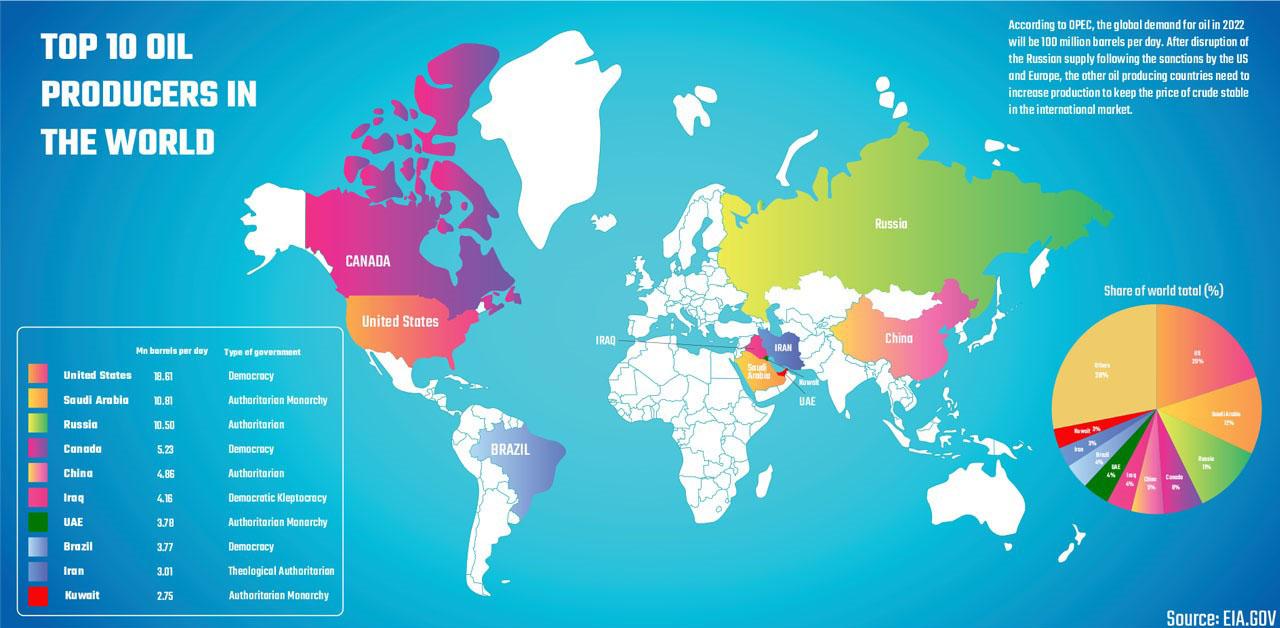
Even with the growing realisation of the need for transitioning to non-fossil fuel-based energy sources, the global demand for oil is 100 million barrels per day, according to the latest OPEC Oil Monthly Report. This demand isn’t going to come down anytime soon. Transitioning to greener forms of energy to run cars, for heating or cooling, powering industry, and domestic consumption of electricity might be a climate-change imperative but is no guarantee of a reduction in dependence on authoritarian regimes or security of human rights. Nothing underlines this dichotomy better than the Chinese control of the global market of lithium-ion batteries, which have become ubiquitous in devices of everyday use.
It’s understood that lithium-ion batteries will play a key role in the energy transition. The demand for these types of batteries, fuelled by electric vehicles and storage devices, has grown from a mere 0.5 gigawatt-hour (GWh) in 2010 to 526 GWh in 2020, which is projected to increase almost 17 times to 9,300 GWh by 2030. In these 10 years, China quietly developed manufacturing capacity and vertically integrated the value chain to such an extent that in 2018 the US State Department reported in The Energy Resources Governance Initiative that “over 80% of the global supply chain of rare earth elements, important minerals for electric vehicles and wind turbine components, is controlled by one country”. This observation is based on the fact that China controls 79% of the global lithium-ion battery manufacturing capacity.
Finally, it took Putin unleashing his war machine on another country in continental Europe — the first such incident since World War II — to start the debate over weaning Europe off Russian energy supplies. In other words, Europe is now talking about accelerated transition to other forms of energy
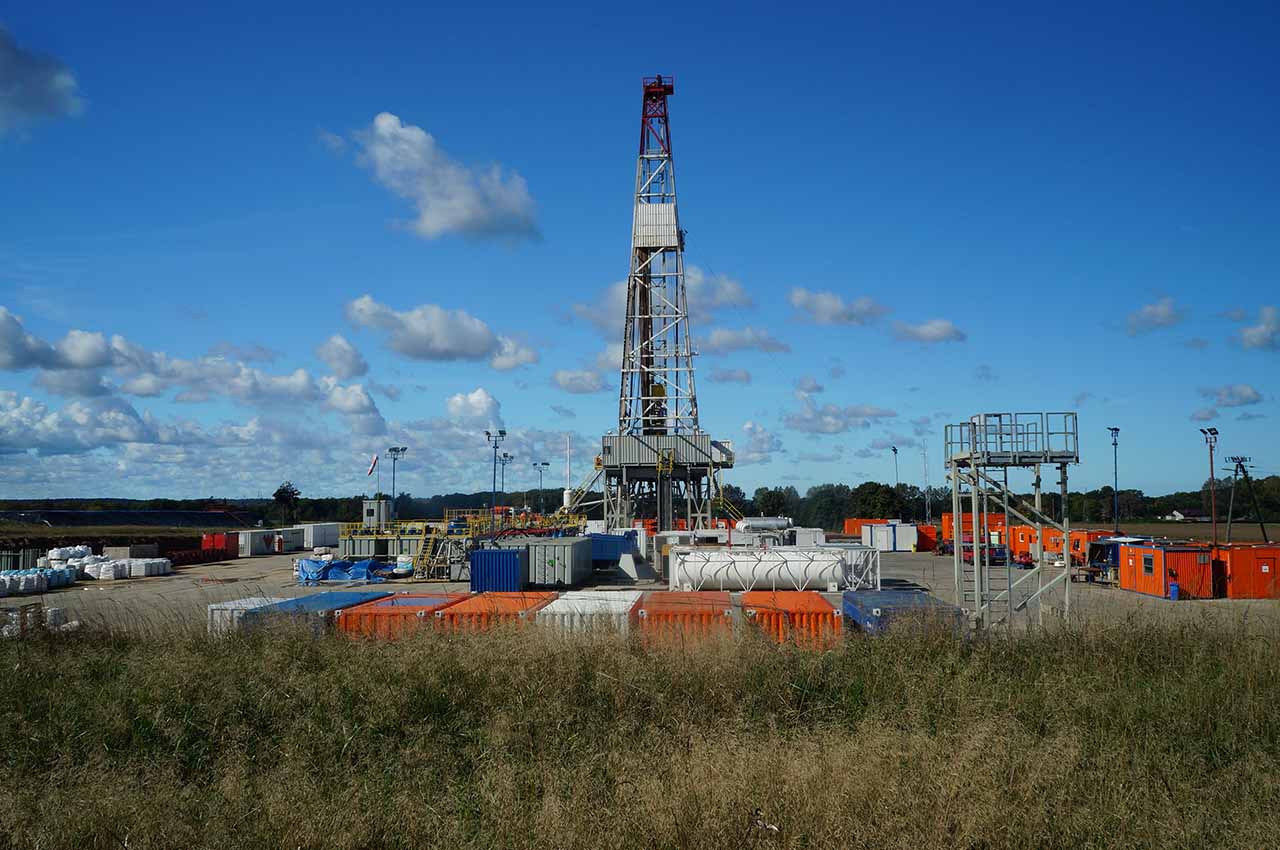
Over the years, state-backed Chinese companies have invested heavily in lithium and cobalt mines around the world, including the largest known deposits in the lithium triangle straddling Bolivia, Chile and Argentina. These investments have resulted in China controlling 51% of lithium carbonate, 62% of chemical cobalt, and 100% of spherical graphite markets.
Just like the global oil giants have worked with authoritarian regimes with some of the worst human rights records such as Saudi Arabia to secure crude supplies, Chinese state-backed companies have indulged in gross human and environmental rights violations in the lithium-rich region of Latin America. In 2018, the International Federation of Human Rights (FIDH) published a report on the abuses inflicted by Chinese companies in which it stated: “The report concludes that the violations of human and environmental rights are not isolated incidents. It reveals a recurring pattern of behaviour marked by disrespect for fundamental rights and internationally recognised economic, social, and cultural rights as well as non-compliance with international standards and a lack of accountability for human rights violations.” The report documented 18 case studies of various violations by China in one of the poorest regions of the world.
Just like the global oil giants have worked with authoritarian regimes with some of the worst human rights records such as Saudi Arabia to secure crude supplies, Chinese state-backed companies have indulged in gross human and environmental rights violations in the lithium-rich region of Latin America
With lithium being described as ‘white petroleum’ and ‘energy of the future’, it won’t be surprising if China disrupts the global supply in case temperatures in the Indo-Pacific boil over for geopolitical reasons as new security alignments, like the Quad or the China-Russia-Pakistan axis, take shape in the world’s most populous region. It’s fair to conclude that from the geostrategic perspective, transitioning to green energy neither guarantees national security nor reduces dependence on authoritarian regimes.
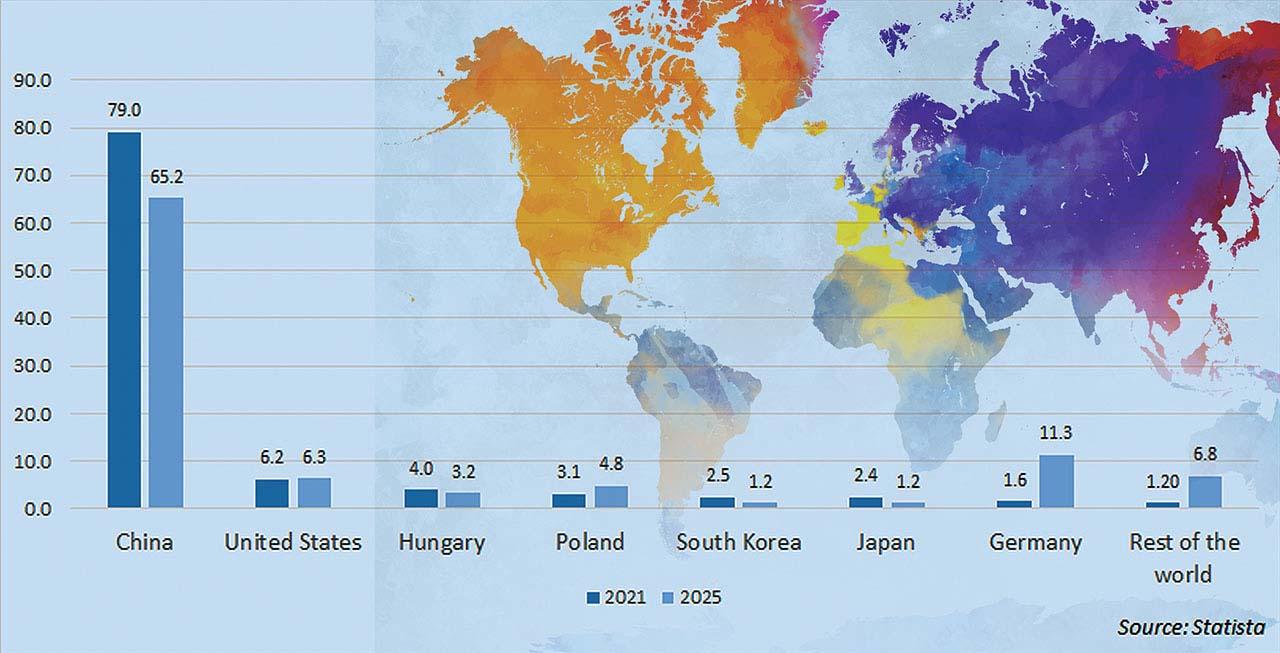
To think energy transition will secure the basic rights of people is illusionary. On February 2, 2022, the United Nations Economic and Social Council secretariat flagged the issue in a paper titled “The Rights of Indigenous Peoples in Relation to The Global Energy Mix”. The paper points out how the people of the land have repeatedly been deprived of their rights in the quest for energy. “Indigenous peoples have been trapped by legal artifices repeatedly imposed upon them by means of external political and administrative divisions, which have prevented them from participating in decision-making on matters concerning their territories and populations,” it notes.
With lithium being described as ‘white petroleum’ and ‘energy of the future’, it won’t be surprising if China disrupts the global supply in case temperatures in the Indo-Pacific boil over for geo-political reasons as new security alignments, like the Quad or the China-Russia-Pakistan axis, take shape
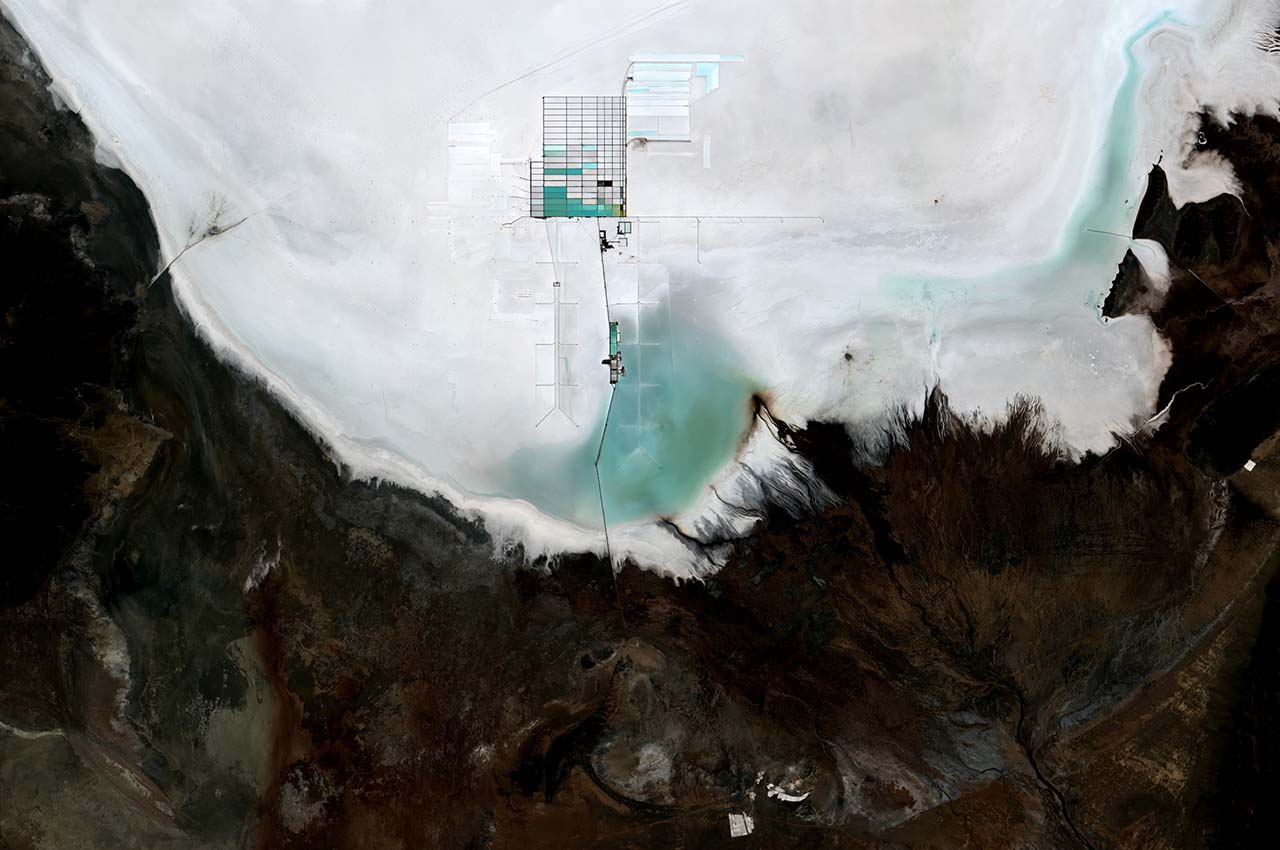
It hits at the heart of the problem of the current energy transition model, which merely replaces one form of energy with another, albeit with a smaller carbon footprint, but does nothing to address the existing faultlines that dominate the fossil fuel-based energy matrix. “The energy transition has been seen as the replacement of sources of energy rather than as a change in the model for relations with communities. In other words, it is based on continuing mega capital investment projects on the premise that the territories concerned are the property of the State and that the national government authorities have absolute power to determine the future of the populations living there,” write the authors of the paper.
In India, the thrust to increase solar power generation manifold by 2030 too is a fraught debate. The Bhadla Solar Park in Jodhpur district is a case in point. Spread over 14,000 acres — it can be seen from space — to generate 2,245 megawatts of electricity, it has been developed on what has been classified as ‘wasteland’

In India, the thrust to increase solar power generation manifold by 2030 too is a fraught debate. The Bhadla Solar Park in the Jodhpur district is a case in point. Spread over 14,000 acres—it can be seen from space—to generate 2,245 megawatts of electricity, it has been developed on what has been classified as ‘wasteland’. But, according to the district environmental plan, it was part of the traditional grazing pastures which were used by nomadic cattle herders, who can no longer access the land on which the mega solar park has been built. In effect, the traditional rights of the local people got subsumed by the legal artefact of the State. Similarly, the large-scale displacement of people on account of mega hydro projects in India without adequate compensation or participation is all too well documented.
Energy transition might be the flavour of the times, but it will always be a Hobson’s choice.

